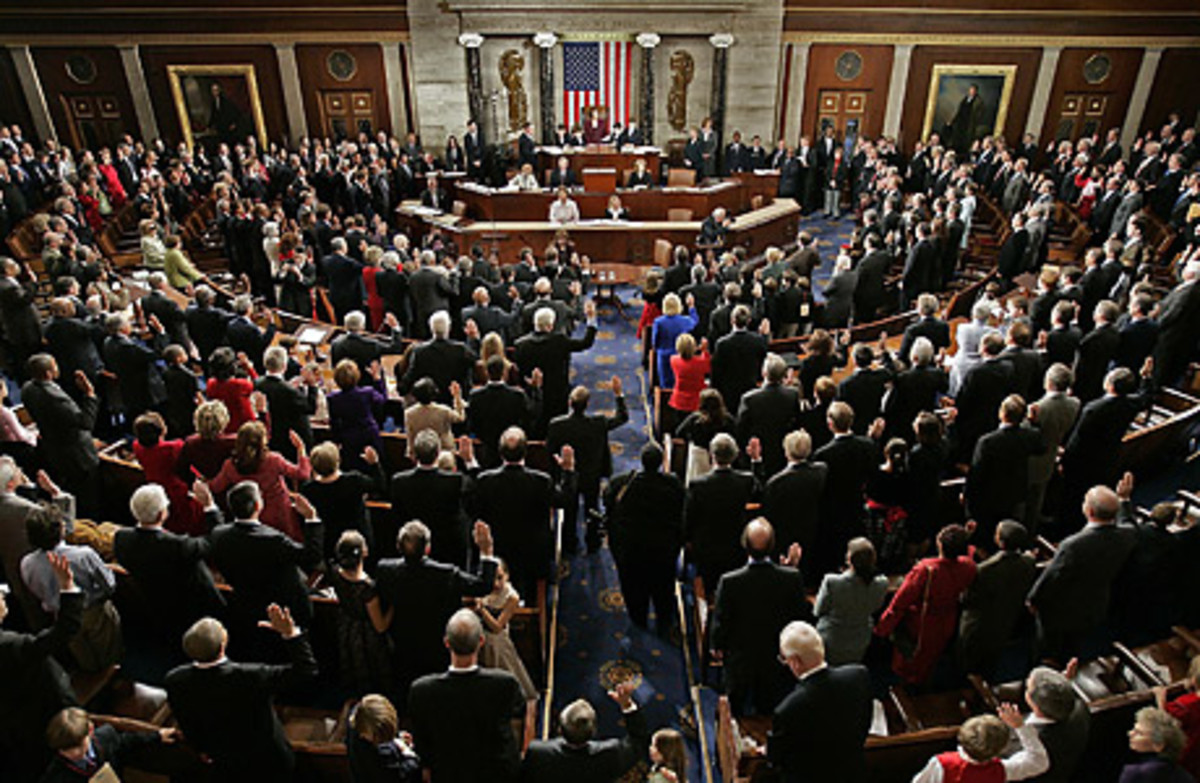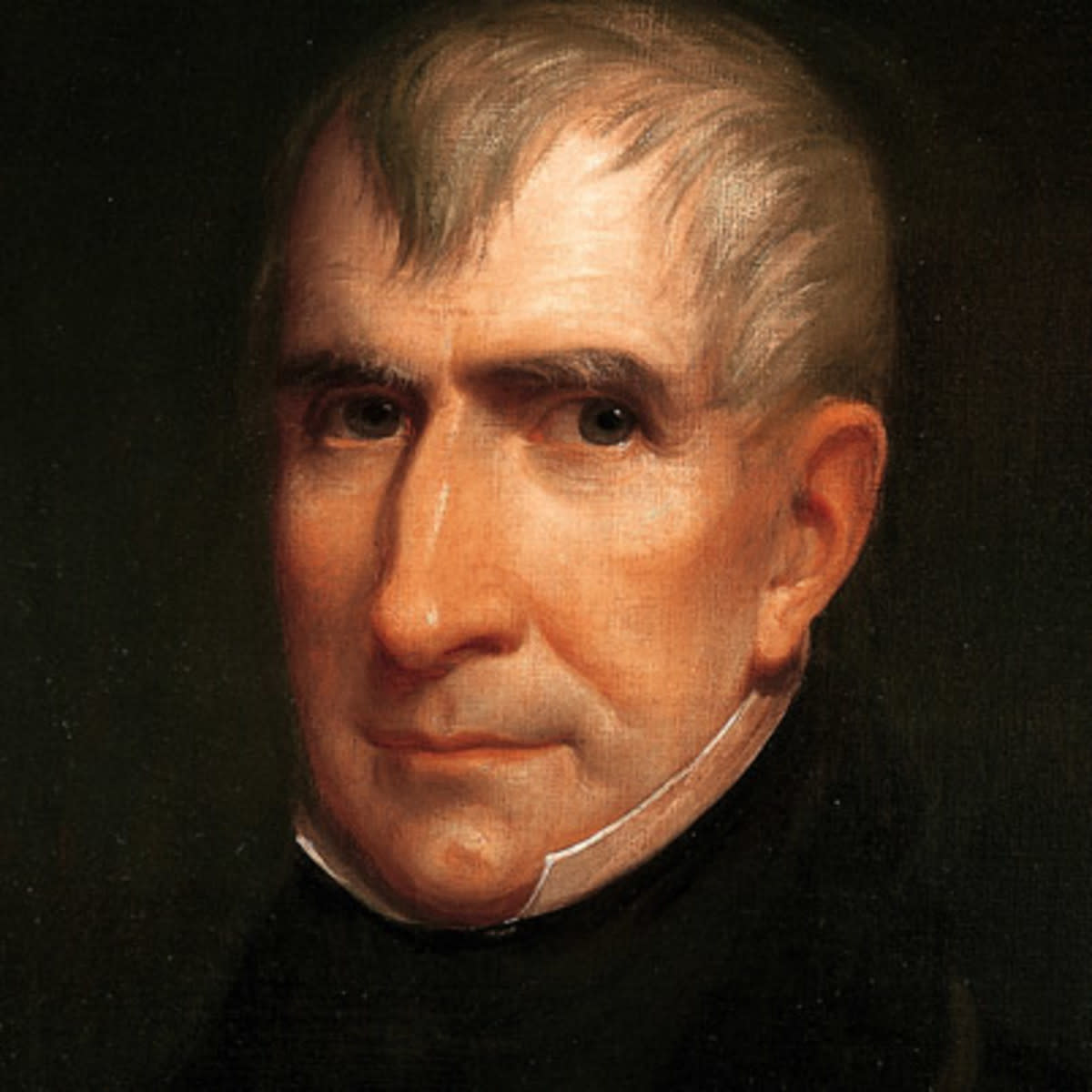The status of religious freedom in the United States
Expressing our religious beliefs is protected in the 1st amendment of the Constitution but the recent law passed by Indiana and signed by the Governor has elevated this issue again. While the law appears to be in process of revision the question is why. It is the media who has caused this to occur. While from all reports the law goes farther than the federal law in terms of applicability this state is being signaled out by the media. Several other states have implemented the same type of law but no mention of this is covered in the news. The media can and does focus on their agenda even though there is no real issue in many cases. This is wrong.
The federal religious restoration act passed in 1993 has been mentioned in the current discussion about the Indiana law. Granted this law is different in some respects as to content and applicability but it is not different in principle. The point of the federal law is that it puts limits on the federal government with regards to the principle religious freedom. The principle being addressed is the freedom to express our religious beliefs. This should not make a difference whether you are an individual or a business the principle and right is the same. It seems as though when one individual or individuals feel their right to service violates their rights how about the rights of a business to exercise their freedom of religion. The present coverage seems to be on the rights of the customer while ignoring the rights of a business.
In the case of Hobby Lobby the Supreme Court upheld the principle that a business cannot be forced to ignore their religious principles and the same should be true of any business or organization. This is what this religious restoration law is all about. The media in their infinite wisdom blows issues out of proportion providing only one side not both sides.
As a backlash businesses and organizations around the country has sent a message to Indiana about their feelings regarding the religious freedom law. While businesses and organizations have a right to make their own decisions when it comes down to changing plans for expansion in this instance it is setting a bad precedent. Actions of states when they are doing the right thing should not be subject to intimidation in an effort to change they decision about any law. Intimidation is what it really comes down to nothing more and nothing less.
The laws of any state whether it involves religious principles or anything else it is there right given to them by the citizens who elected them to pass laws which they feel are in the best interest of their state. The same is true of those we elect to represent us in Washington. The intimidation game is running strong in an effort to influence state legislation. The intimidation factor involves financial consequences in this case. Individuals and organizations should respect the laws generated by any state and base their decisions not on the laws passed but what is best for them. With regards to the federal law there has been no backlash so why should there be a backlash when states create legislation to add language to any state law for the same topic. When will this reaction change if it ever will? States have a right to add applicability to federal laws but they cannot conflict with them. This legislation is no different.
The media has created this issue and made it a campaign issue for the 2016 election. My advice to any present candidate or those who decide to run in the future is to say that the exercise of religious freedom is protected by the Constitution. In addition I would say that as long as states do not violate the requirements of a federal law it is within their right to pass legislation which they feel is in the best interest of their citizens. We as individuals have a right to our opinion as well as organizations but they have no right to attempt to force a change to reverse or amend legislation through intimidation. This kind of attitude is not limited to this current situation for it is widespread anytime an individual or organization feels a government entity or organization has made a bad decision they should change to their perspective. In this respect the media fuels this attitude by covering the disagreement. We do have some good media resources but when they fuel situations and make them worse as a result of their coverage it is wrong.








